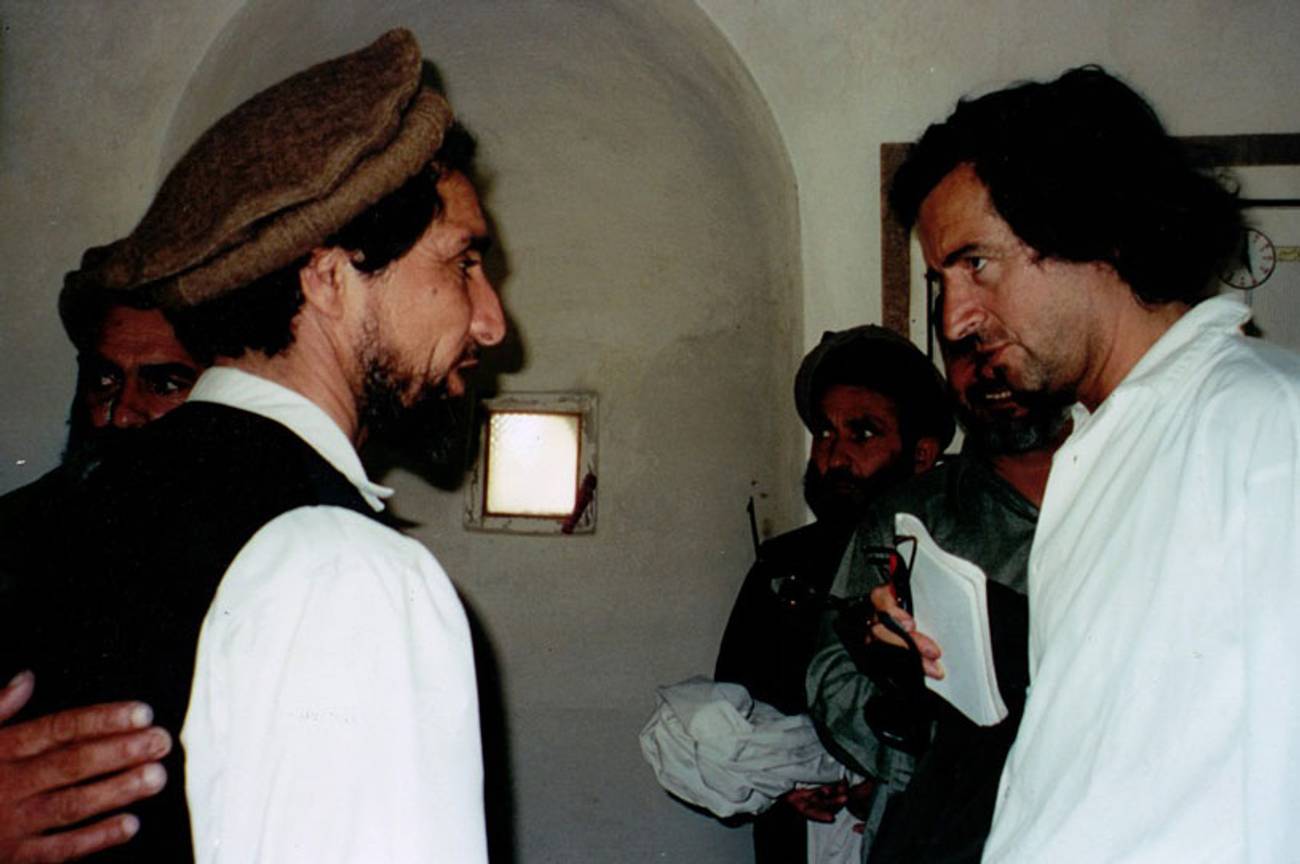Ahmad Shah Massoud remains one of the most iconic figures in Afghanistan’s modern history, celebrated for his extraordinary leadership against foreign invaders and extremist regimes. Known as the “Lion of Panjshir,” Massoud’s strategic genius, diplomatic acumen, and commitment to pluralism transformed the rugged Panjshir Valley into a bastion of resistance. His life and ideals resonated far beyond Afghanistan’s borders, notably shaping discourse and strategic thinking in neighboring Pakistan.
Early Years and Formation of Ahmad Shah Massoud
Born on September 2, 1953, in the Panjshir Valley, Ahmad Shah Massoud hailed from a distinguished military family. His father, Colonel Dost Mohammad Khan, served in the Royal Afghan Army, instilling in him a keen sense of duty and discipline. Early education at Kabul’s elite French-sponsored Istiqlal High School exposed Massoud to modern ideas and multilingual fluency, sharpening his analytical mind and broadening his worldview. His political awakening took root at Kabul Polytechnic University, where he joined the Muslim Youth Organization and forged bonds with mentor Burhanuddin Rabbani, laying the groundwork for his future role as both warrior and statesman.
The Resilience of the Panjshir
Ahmad Shah Massoud’s reputation as a guerrilla strategist was cemented during the Soviet–Afghan War (1979–1989). Leading a small band of mujahideen fighters, he orchestrated nine Soviet offensives against the Panjshir Valley, repelling each assault through hit-and-run tactics, ambushes, and strategic withdrawals. By negotiating a temporary ceasefire in 1983, he rebuilt civilian infrastructure and fostered local governance through the Shura-e Nazar council, demonstrating that effective resistance required both military prowess and administrative vision.
Statesman in a Fragmented Nation
After the Soviet withdrawal, Massoud assumed the role of Defense Minister in the Islamic State of Afghanistan. He navigated the complexities of civil war, striving to protect Kabul from rival factions while advocating for democratic principles. When the Taliban seized Kabul in 1996, Massoud retreated to northern strongholds and formed the United Islamic Front, popularly known as the Northern Alliance. Under his leadership, this coalition united Tajiks, Uzbeks, Hazaras, and moderate Pashtuns in a shared struggle against extremist ideology and sectarian violence.
Pakistan’s Strategic Calculus
Massoud’s relationship with Pakistan was complex and multifaceted. He frequently warned Islamabad about the destabilizing effects of unchecked militancy along the Durand Line, urging collaboration to curb cross-border terrorism. His European Parliament address in April 2001 called on Pakistan to reconsider its policies and emphasized humanitarian aid to alleviate suffering under Taliban rule, an appeal that underscored his belief in regional cooperation over confrontation.

Intellectual and Ethical Legacy
Beyond battlefield triumphs, Ahmad Shah Massoud was revered as an intellectual and humanitarian. His extensive diaries, kept over two decades, reveal a reflective leader fluent in poetry and philosophy. He promoted girls’ education and local commerce, encouraged minority participation in governance, and upheld ethical standards that contrasted sharply with the brutality of his adversaries. His personal warmth, often greeting dignitaries with a baby on his knee, and his progressive stance on women’s rights endeared him to many Afghans and observers abroad.
The Final Sacrifice
On September 9, 2001, just two days before the 9/11 attacks, Massoud was assassinated by al-Qaeda operatives posing as journalists in Takhar Province. The meticulously planned operation, ordered by Osama bin Laden and executed by Tunisian agents, aimed to eliminate Afghanistan’s most capable opponent to clear the path for global terrorism. Massoud’s untimely death deprived the region of a unifying figure whose vision might have offered an alternative to both Taliban extremism and a protracted foreign occupation.
Enduring Inspiration for Pakistan and Beyond
In Pakistan, Massoud’s legacy endures in academic circles, think tanks, and among policymakers who study his model of combining military strategy with civil governance. His warnings about the nexus between radical militants and state policies resonate in debates over Pakistan’s counterterrorism approaches. Civil society groups in Peshawar and Islamabad honor his memory through annual conferences and scholarship programs, reflecting a shared belief in dialogue, pluralism, and ethical leadership.
As Afghanistan and Pakistan continue to grapple with security challenges, Ahmad Shah Massoud’s life offers vital lessons. His unyielding commitment to national sovereignty, multi-ethnic cooperation, and moderate Islam underscores the power of principled resistance. He demonstrated that true security springs not only from military victories but from building inclusive institutions and respecting human rights. In commemorating Massoud, regional stakeholders can rekindle hope for a future grounded in collaboration rather than division, ensuring that the “Lion of Panjshir” continues to inspire resilience across South Asia.



